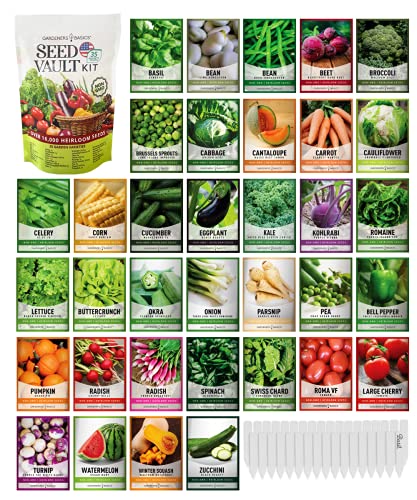Rotundifolia
Member
- Joined
- Jul 18, 2021
- Messages
- 33
- Reaction score
- 41
Last fall I got the last minute opportunity to purchase some Merlot grapes from Red Mountain AVA if I picked up the grapes that day. Needless to say I had no plan or research. The grapes were in very good shape and fully ripe with brown stems good taste. My batch has finished MLF. The smell is very good but 3 of the 4 carboys have a harsh astringent tannins. I then went researching and Red Mountain grapes typically have lots of tannins and the Merlots can have more than Cabs. So I have a two fold question
- I know that the tannins will mellow over time, but is there something that I can do with the current batch to help out with the astringent taste?
- Since I do like wine from this region and I have a source, I will be purchasing again this year. Likely a Cab or Sarah. Is there processes during fermentation/press to help reduce the astringent tannins but still have the good tannins?































![[Upgraded] 9Pcs Tree Root Growing Box with Drain Holes, Half Transparent Plant Rooting Propagation Ball & Metal Core Twist Ties, for Fast Propagation Plants (Size M)](https://m.media-amazon.com/images/I/514MWQxtWOL._SL500_.jpg)





















